
About Andrew Cusack
 Writer, web designer, etc.; born in New York; educated in Argentina, Scotland, and South Africa; now based in London.
Writer, web designer, etc.; born in New York; educated in Argentina, Scotland, and South Africa; now based in London. read more
News
Blogs
Reviews & Periodicals
Arts & Design
World
France
Mitteleuropa
Knickerbockers
Argentina
The Levant
Africa
Cape of Good Hope
Netherlands
Scandinavia
Québec
India
Muscovy
Germany
Academica
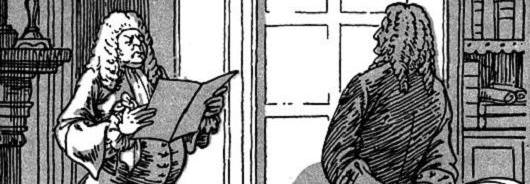
A lively Doubleyoo-Ess once took me to lunch at the New Club and, in whispered tones, pointed out a gentleman sitting at another table.
“He is the world’s leading expert on the Scots tongue,” my friend explained.
“But he was excommunicated by all the other experts on Scots when he pointed out that eighty per cent of Scots words are interchangeable with Northumbrian English.”
Scots is fascinating for its closeness to English and its distinction. Those who’ve had the pleasure of tarrying awhile in the Netherlandic world (whether in Europe, the Cape of Good Hope, or elsewhere) can detect the odd affinities to Dutch and Afrikaans — reminding you that the North Sea was once a highway, not a barrier.
Luka Ivan Jukic has written an enlightening exploration of how and why Scotland lost its tongue.
Jukic contends there are no signs of revival, which I dispute. There is a much increased interest in the use of Scots, but it feels contrived and falls somewhat flat. If you take a look at the Scots column in The National newspaper, it comes across as the ravings of a kook something akin to Anglish.
■ Amongst the many of Scotland’s joys is the pleasure of just looking at its buildings.
Witold Rybczynski pleads “Give us something to look at!” in his account of why ornament matters in architecture.
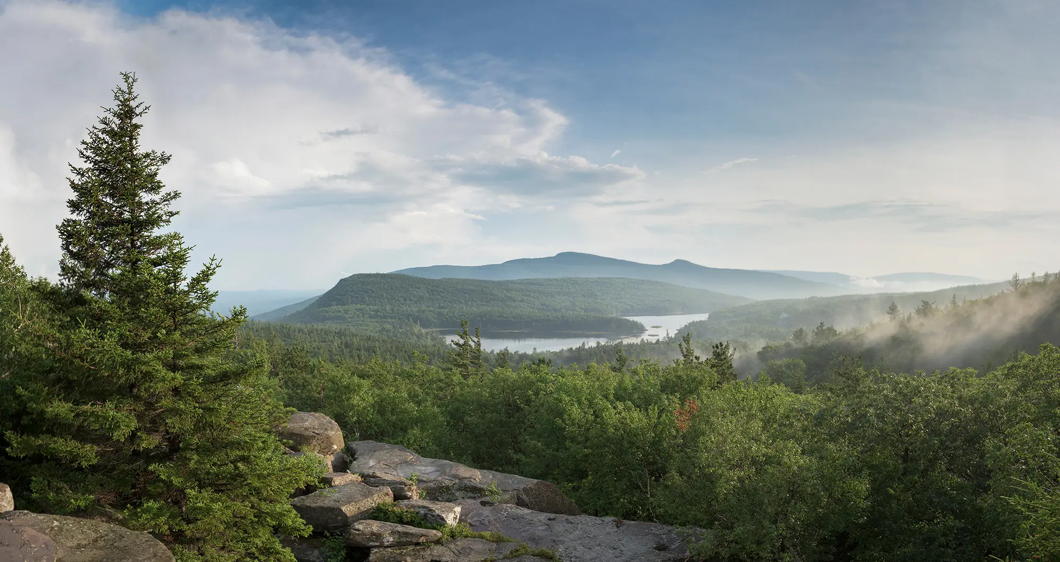
■ The New York Post — founded by Alexander Hamilton in 1801 and thus the Empire State’s oldest and most venerable newspaper — reports that the world’s oldest and most venerable forest has been discovered right in the heart of the Catskill Mountains.
This is one of the most beautiful places in America, especially when the leaves begin to turn in autumn, and features widely in the old stories transcribed by Washington Irving and others.
The name of the Catskills is believed to be from the catamounts that used to roam the woods and bergs when our Dutch forefathers of old first arrived in the valley of the Hudson. Our earliest record of it is on a map by Nicolaes Visscher père from 1656 — and pleasingly the local magazine retains the old spelling in its name of Kaatskill Life.
This fossilised forest within the Catskills is believed to date from 385 million years ago (for those who doubt the Ussher chronology — and we remain open-minded ourselves) and was discovered at the bottom of an old quarry.
■ As a precocious teenager I remember a visit to the maritime museum in Rochefort on France’s Atlantic coast that included a fascinating display of the intricacies and accomplishments of global shipping, housed in the long old ropeworks that kept France’s navy afloat in the era of sail.
It’s all been kicking off in the Red Sea, which inspired Wessie du Toit to write that the shipping container is an uncanny symbol of modern life
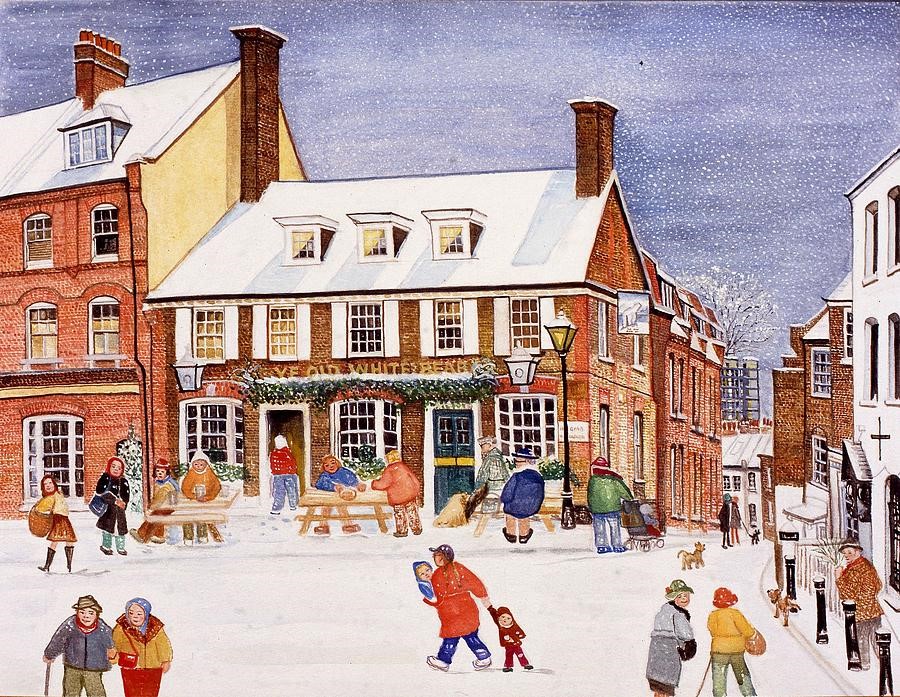
■ Some people claim there is no life outside of NW3, but as much a fan of Hampstead as I am, my first loyalty in London neighbourhoods is firmly lodged in Southwark. (Pimlico is high on the list, too.)
Many will pine for those precious late summer afternoons idly dawdling on the Heath, but Hampstead in winter has its distinct pleasures. For me, it’s curdling up with a pile of books beside the coal fire in the Old White Bear.
In the Christmas issue of The Oldie, Peter York wrote about the rise and fall of arty Hampstead.
■ One of our Hampstead mates is originally a West Country man and now finds himself even further west, studying law in California.
For a New Yorker, California is The Great Other. If not quite a rival, then certainly something we are always being compared against.
Naturally, one looks down on California, but also with a certain envy. If ever America had a golden moment when imperial might was combined with the simple goodness of life, it must have been coastal California from the 1930s to 1960s — with a hint of survival into the 1980s.
California’s decline is evident to all, though its power and influence is still vast (as the iPhone in your pocket proves). The Manhattan Institute recently devoted an entire issue to the question of Can California Be Golden Again?
I haven’t had a chance to read much of it, but I did enjoy Jordan McGillis’s article on how San Diego retains many of the qualities that once made California the envy of the world.
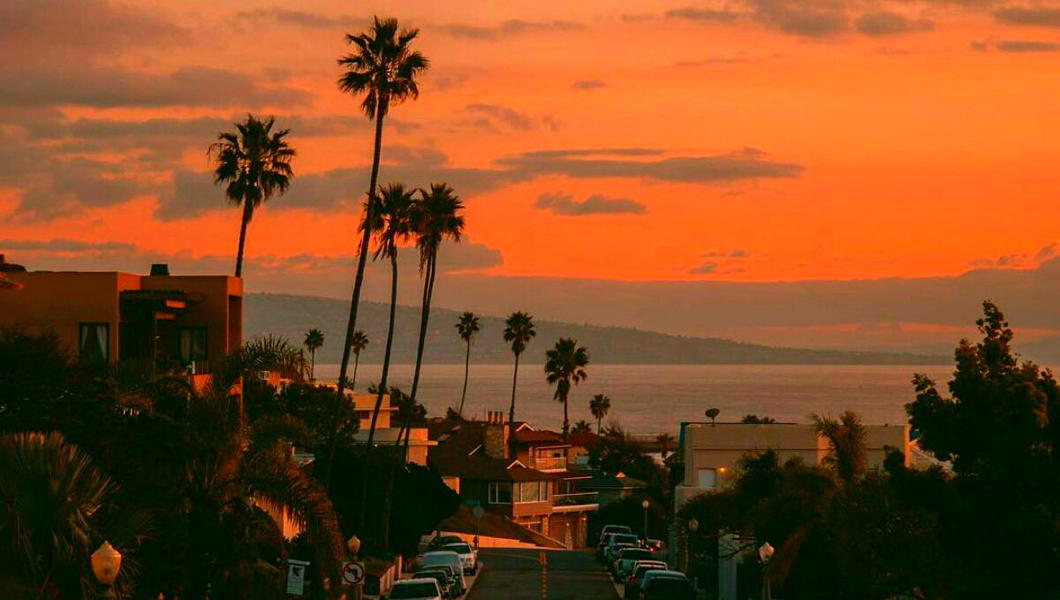
■ Peter Viereck ranks amongst the names of slightly neglected thinkers in the agora of American conservatism. Reading him always brings some insight, but I never knew much about the man himself.
Samuel Rubinstein supplies a fascinating account of the man and his thinking in Peter Viereck: Psychoanalyst of Nazism.
■ National treasure Peter Hitchens has spent his life hating the ogre Ted Heath, destroyer of worlds. I will never forgive him for what he did to England’s ancient counties and boroughs.
But Hitchens the Heath Hater, with his typically thoughtful approach, offers a reconsideration of the man.
■ All politics is local: Fred de Fossard writes about how EU-obsessed Lib Dems are ruining Bath rather than guarding one of the most precious jewels of English cities.
■ We leave you with this six-colour lithograph from the Pretoria-based artist Nina Torr entitled ‘Here we go again’ (an edition of thirty, available from the Artists’ Press):
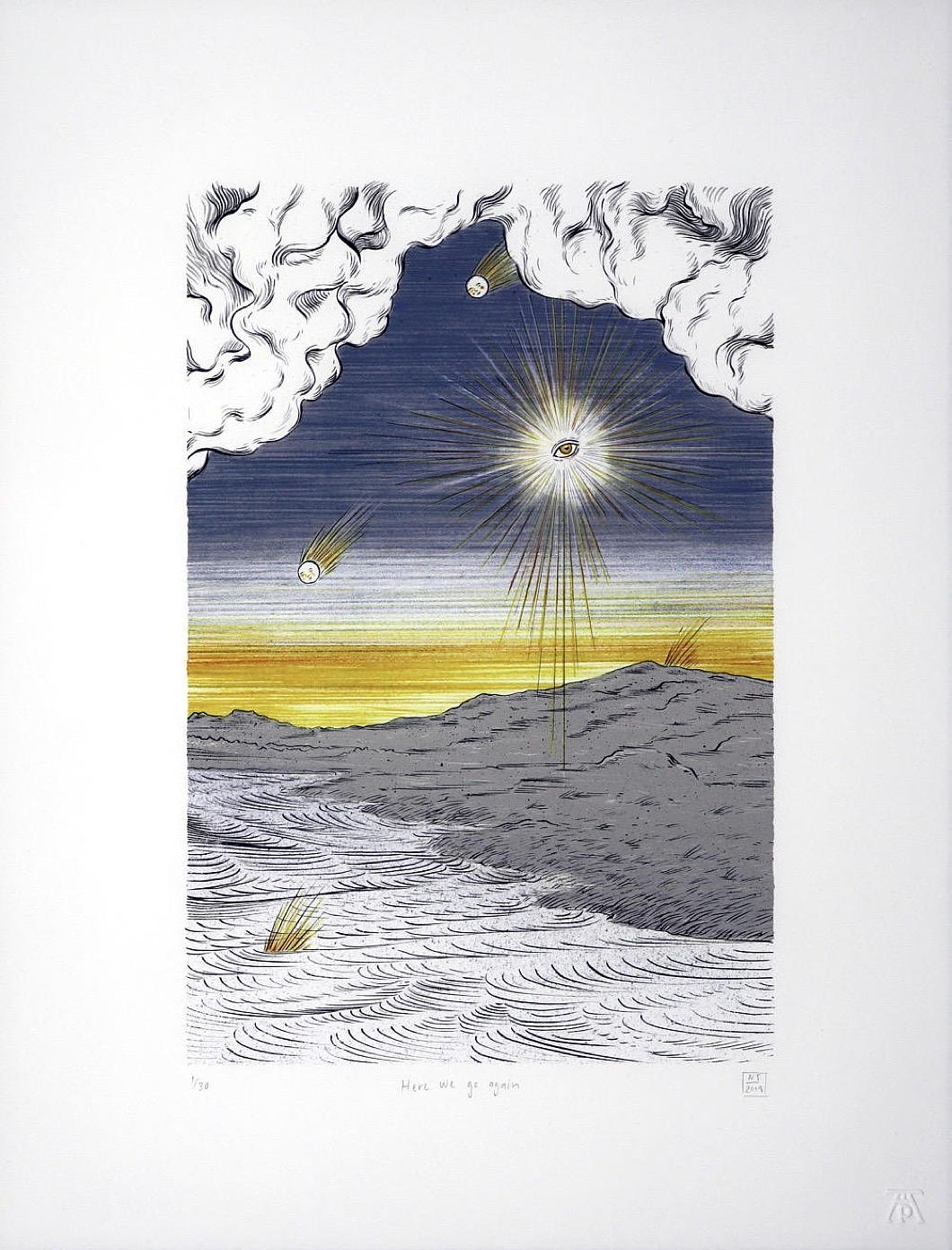
Search
Instagram: @andcusack
Click here for my Instagram photos.Most Recent Posts
- Bicycle Rack April 29, 2024
- Burns Tower April 19, 2024
- Patrick in Parliament March 18, 2024
- Articles of Note: 13 March 2024 March 13, 2024
- Cambridge March 9, 2024
Most Recent Comments
Book Wishlist
Monthly Archives
Categories


